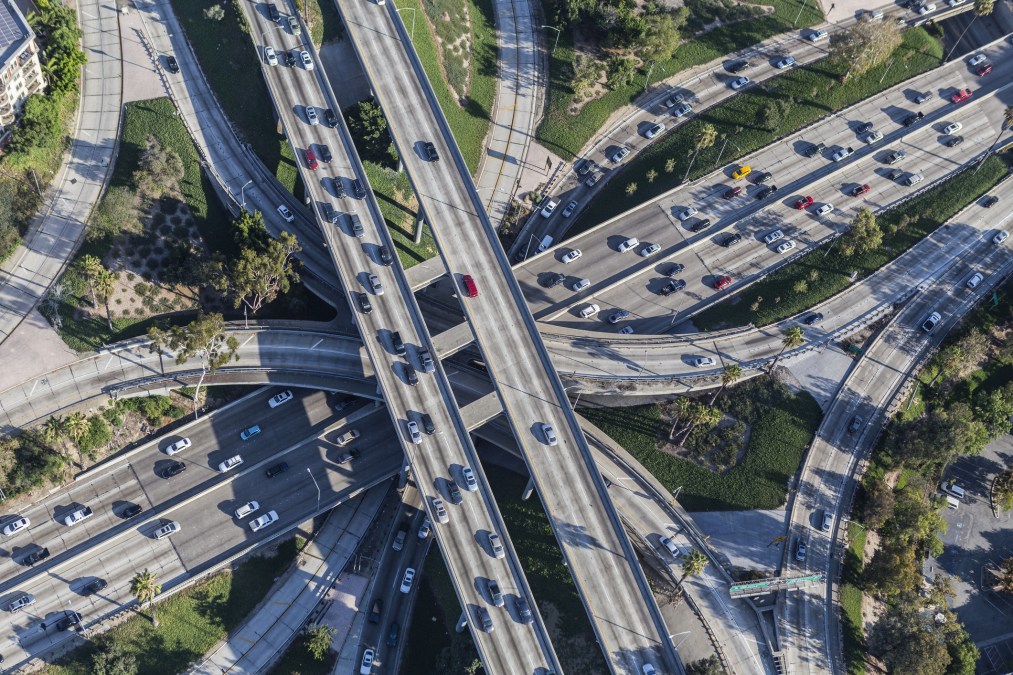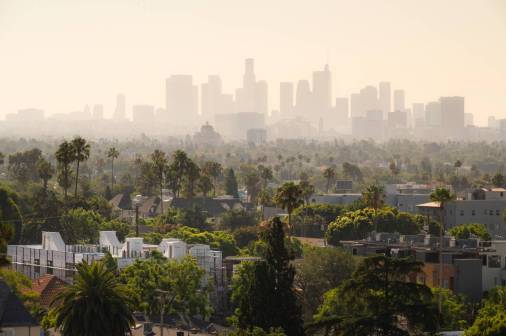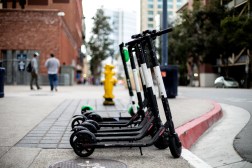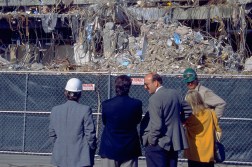Los Angeles used Signal to plan controversial vehicle-tracking program

Officials at the Los Angeles Department of Transportation appear to have used an encrypted messaging service to discuss a vehicle-tracking program that some civil liberties groups say could be used to identify individual drivers.
According to documents obtained by the Los Angeles Daily News, the department’s general manager, Seleta Reynolds, along with other department employees, spoke with technology consultants using Signal, an encrypted messaging app that allows users to delete messages automatically. The officials reportedly used the app to discuss a controversial program that allows cities, including Los Angeles, to collect trip data from dockless bikes, scooters, mopeds and ride-hailing vehicles in near real time.
Through a set of APIs that LADOT developed in 2018 called Mobility Data Specifications, or MDS, mobility companies like Uber and Lyft can transmit data to cities about where and when a trip starts and ends and potentially the route that a vehicle takes. Reynolds and other employees, according to the LA Daily News, used the app to hide conversations about MDS with consultants such as John Ellis, a former Ford and Motorola executive, that should have been public record. Instead, just weeks after the American Civil Liberties Union filed a lawsuit against the agency for Fourth Amendment violations, the conversations are gone forever.
“It’s both disturbing and deeply hypocritical that the same city officials who want to track the personal movements of Angelenos are taking such extraordinary steps to shield their work from public view. LADOT did not have a single public meeting or hearing before implementing its controversial rider surveillance program, and now we learn that it’s communicating about MDS through encrypted messaging services,” according to a statement from Communities Against Rider Surveillance, a group of civil liberties advocates and mobility companies that formed in February to protest MDS.
Emails obtained by the LA Daily News reveal that Ellis, Reynolds and other LADOT employees corresponded about MDS over Signal, with Ellis sending one email that says he is following up “on our Signal session last night.” The email lists talking points for a call with a contractor to maintain the MDS APIs. California state law mandates that records related to public business, like LADOT programs, be kept for at least two years, but after the Los Angeles Daily News’ records request, LADOT said it found no records of Reynolds’ Signal messages related to MDS.
“Like most executives today, Ms. Reynolds uses a variety of tools to communicate and complies with all public records laws,” LADOT spokesperson Colin Sweeney said in a statement to LA Daily News. “Signal is a messaging app used for quick and informal communication. As stated, LADOT fully complies with all CPRA requirements.”
The APIs are currently in use in Austin, Texas; Chicago; Dallas; Nashville, Tennessee, and other cities that are part of the Open Mobility Foundation, a coalition of governments and partners that maintain the APIs and other open-source software. In Washington, D.C., which is also a member of the Open Mobility Foundation, mobility companies, local advocacy groups and the ACLU appear to have successfully paused D.C.’s implementation of MDS until further privacy protections are implemented.






